Thanks, But No Thanks: Attitudes On Refugee Policy in the European Union
Interdisciplinary Seminar in Empirical Social Science
21 June 2022
Natalia Letki & Dawid Walentek
University of Warsaw
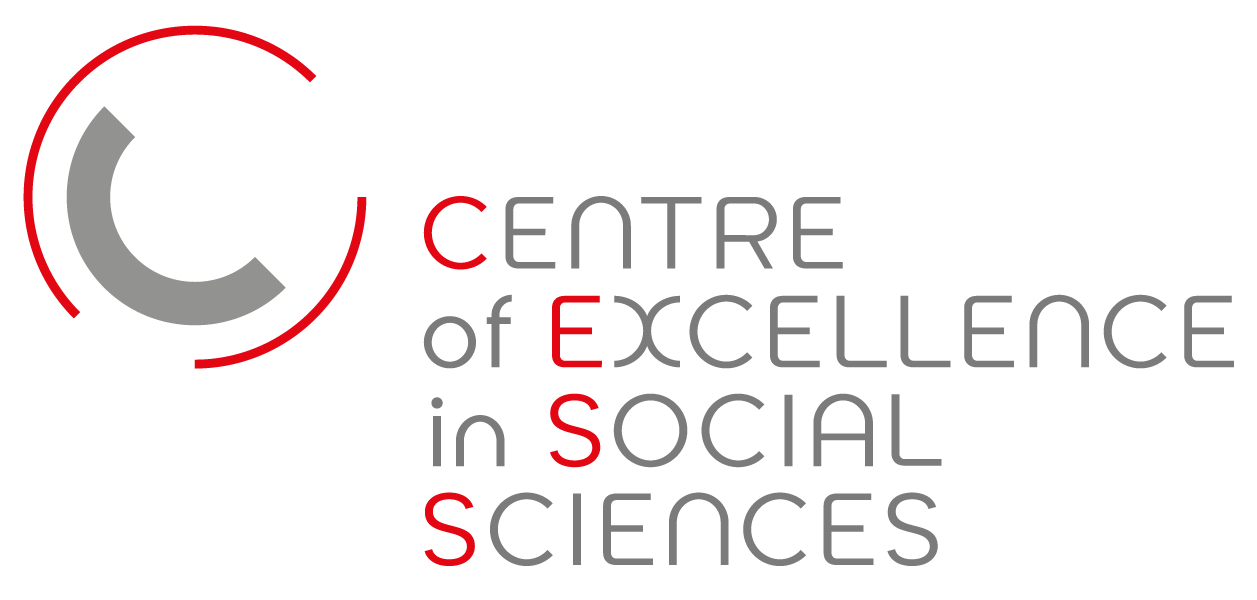
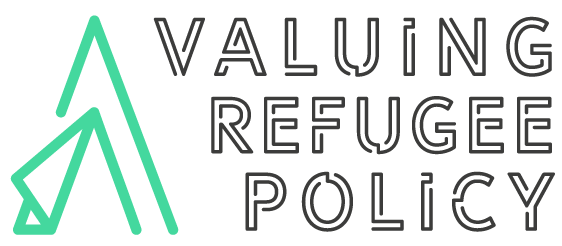
About us
- Natalia Letki Principal Investigator (University of Warsaw)
- Dawid Walentek (University of Warsaw)
- Artem Graban (University of Warsaw)
- Ulf Liebe (University of Warwick)
- Peter Thisted Dinesen (University College London)
- Funding: NCN (National Science Centre Poland) grant no 2019/33/B/HS6/00841
- Our website is here

Background
- 2015 Refugee Crisis
- Budapest's, Prague's and Warsaw's refusal to join the relocation scheme
- Refugee policy in the EU
is a patchwork - Ongoing relevance: crisis on the Polish-Belarussian border, war in Ukraine

Literature
- Preferred refugee profiles and sentiments towards
out-group members (e.g. Adida, Lo, and Platas 2019) - Effects of exposure on acceptance of out-group members (e.g. Schaub, Gereke, and Baldassarri 2020)
- Behavioural and attitudinal changes in relation to out-group members (e.g. Alesina, Miano, and Stancheva 2018)
-
Limited research on refugee policy:
- Only interested in allocation (Bansak, Hainmueller, and Hangartner 2017)
- Asks about policy solutions the EU cannot deliver (Jeannet, Heidland, Ruhs 2021)
- Looks at general statements, e.g. 'government should be generous in judging asylum applications' (Van Hootegem, Meuleman and Abts 2020).
Our project
- We set out to identify what refugee policy Europeans want
-
We study attitudes in respect to:
- allocational regime
- level of border control
- right to work
- freedom of movement
- cost of the policy
- We test the correspondence between attitudes and behaviour
- We look at the effect of informational and visual priming
on attitudes and behavior
Data & Methods
Data
- Online survey experiment
in early 2022 - 10 EU Member States
- 16,976 respondents
- 4 treatment groups
- 3 components
- conjoint
- real-effort
- questionnaire
- Follow up study (DE, PL & HU) in spring 2022
- Preregistration with EGAP
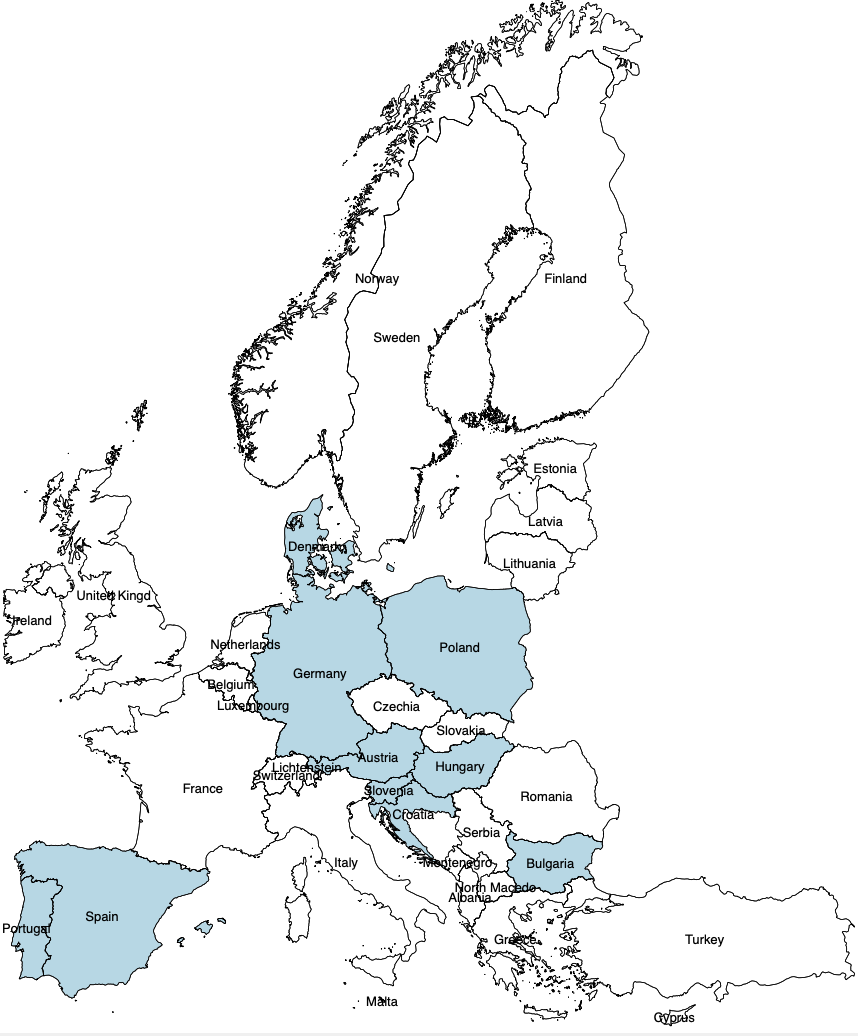
Treatments
- Three visual primes
- Welfare
- Security
- Humanitarian
- Images accompanied by a short caption
- Widely circulated in media in relation to the relevant primes
- Text-based Status Quo prime on current refugee policy in a given country



Methods: Conjoint
- Full randomisation
- Five attributes over twelve levels resulting in 72 policy profiles
- Respondents make six choices over a pair of profiles
- Over 101,856 (force)choices made and 203,712 profile ratings assigned
- Each profile appears on average 2829 times
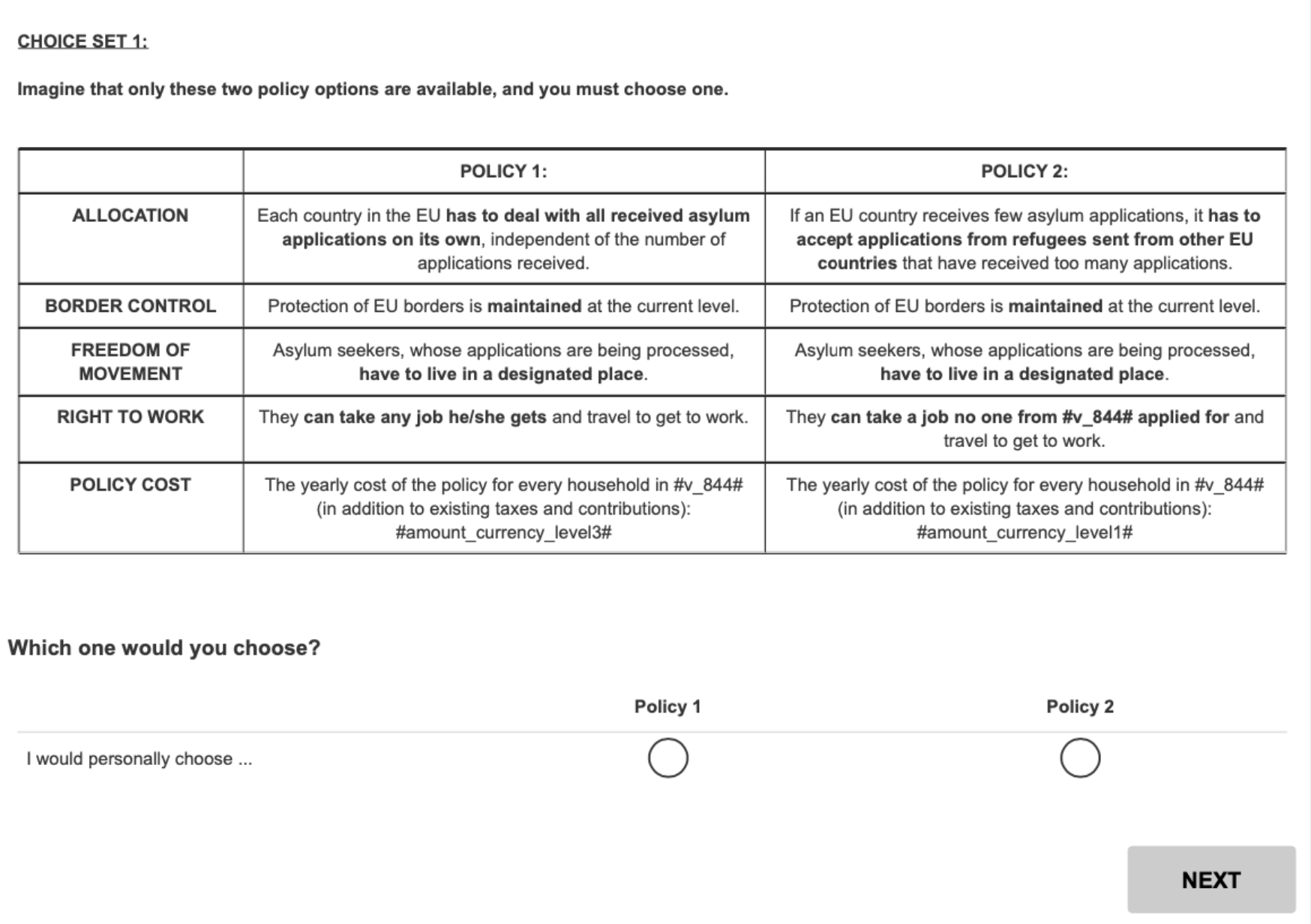
Methods: Real effort
- Final part of the survey
- Respondents receive first general information about the International Rescue Committee
- Then respondents are presented with the real-effort task, where they must decide whether to donate half of the survey remuneration to the IRC
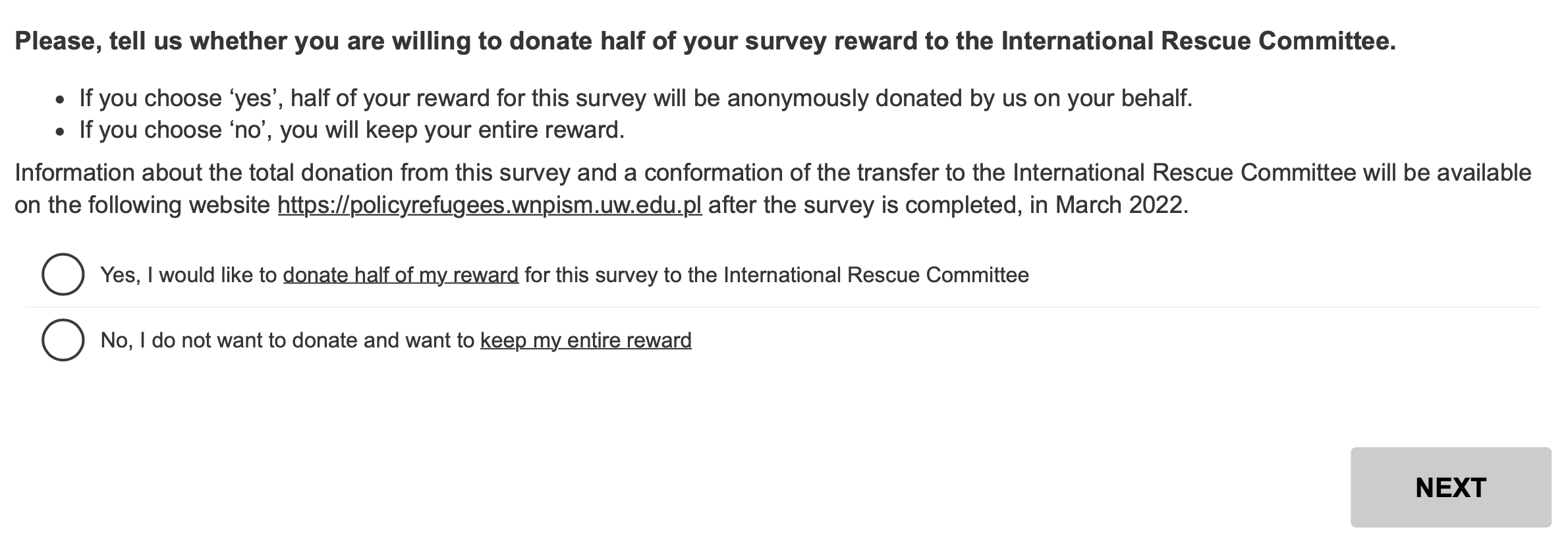
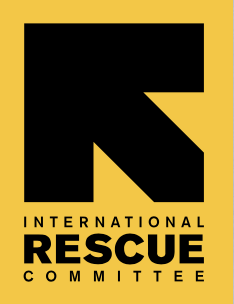
Results
Results: AMCE vs MM
- Average Marginal Component Effects (AMCE) - the impact of attribute level on favourability of a refuge policy profile, relative to a given attribute's baseline (Hainmueller et al. 2014)
- Marginal Means (MM) - allow to produce descriptive inference about differences in preferences across subgroups in a multidimensional experimental setting (Leeper et al. 2020)
Conjoint: control group
- No meaningful role of the allocation regime
- Preference for increased border control
- Preference for limited freedom of movement
- Preference for the right to work (and dislike of the alternative)
- Dislike of the costly policy and preference for the low costs
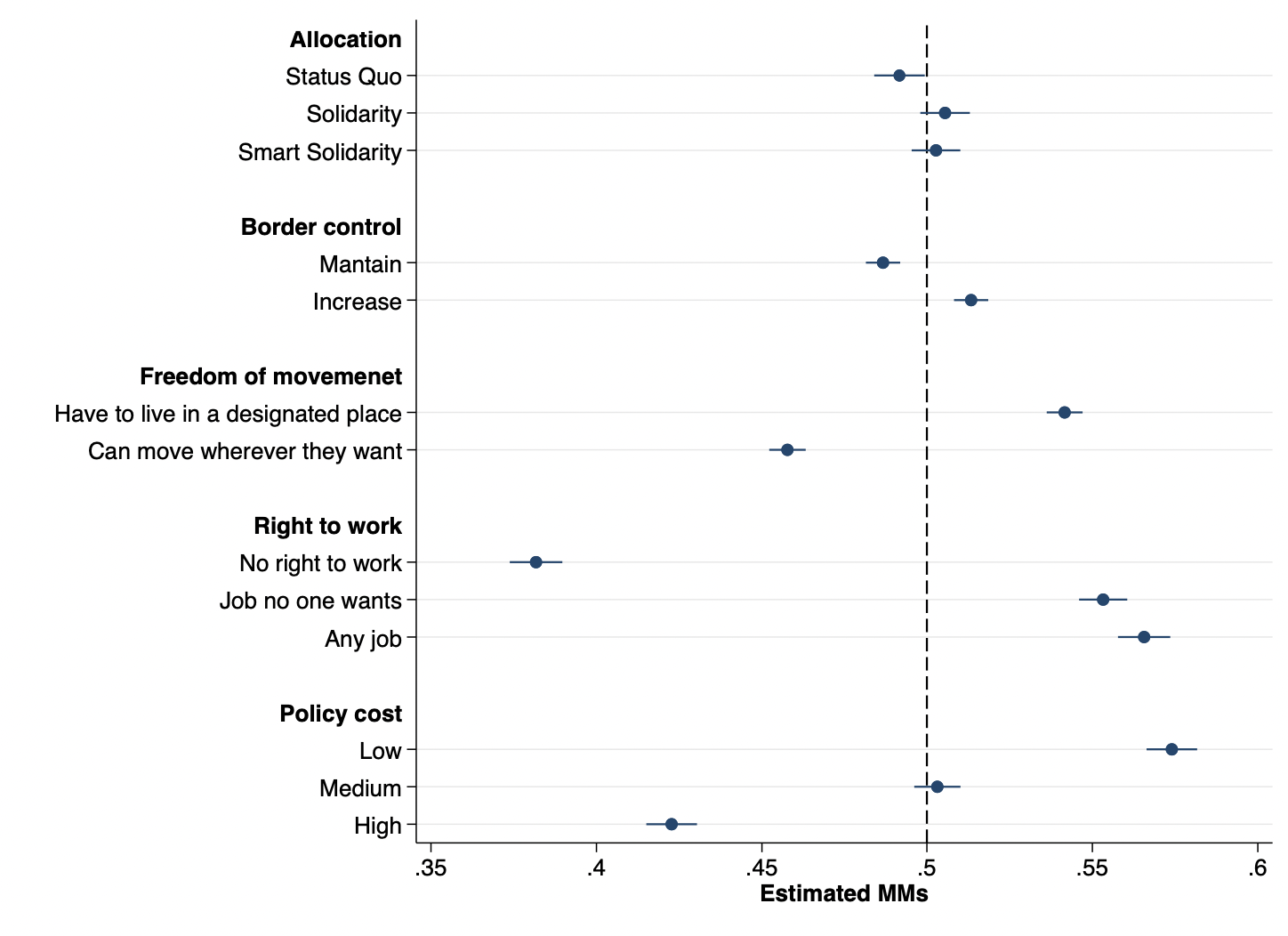
Country heterogeneity
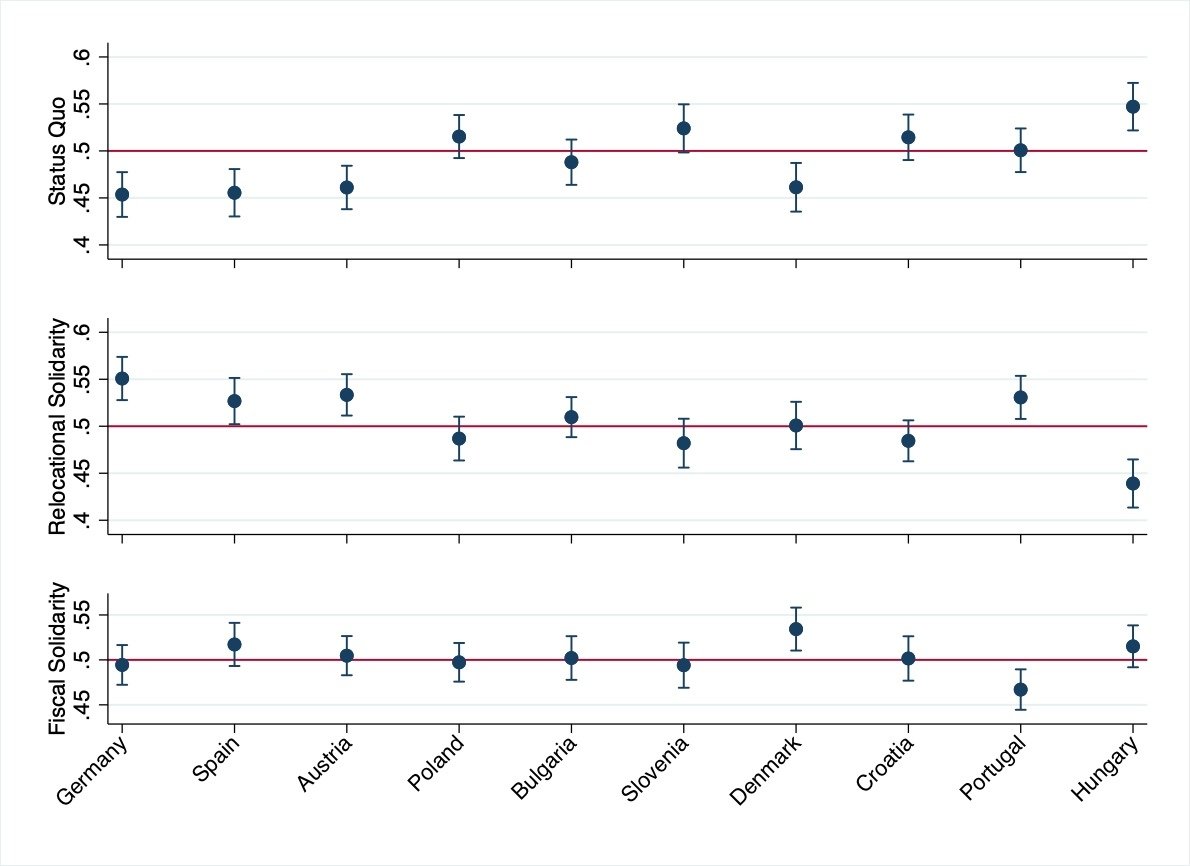
Country heterogeneity
- Strong variation between countries in respect to the allocation regimes
- DE, ES, AU & DEN dislike the Status Quo while HU & SL prefer it
- DE, ES, AU & PT support relocation while HU opposes
- All indifferent on fiscal solidarity bar supportive DEN & negative PT
- Note: DE, ES & AU receive the most and HU the least asylum applications
- Hardly any meaningful variation between the Member States in respect to other attributes than allocation regimes
Ideological heterogeneity
- Ideology: 0 to 10 scale, Left to Right, recoded
- Right more restrictive,
Left more favorable - BUT Left against freedom of movement and fiscal solidarity
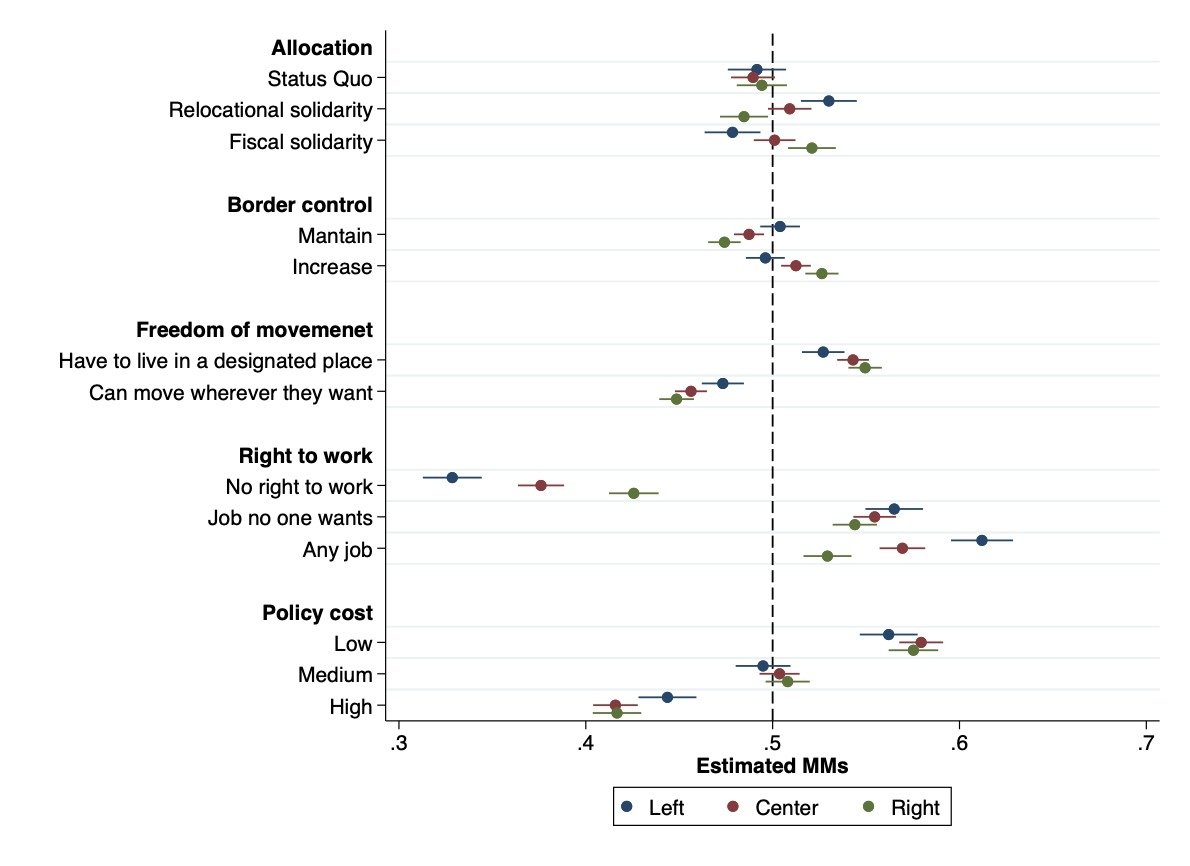
Real effort
- Control group:
- PL, DE & BG ~ 25%
- HU & SL ~ 30%
- AU & HR ~ 35%
- Treatments:
- Humanitarian only
- ATE = .05
5% higher donation - Bonferroni
correction - Region FE (NUTS 2)
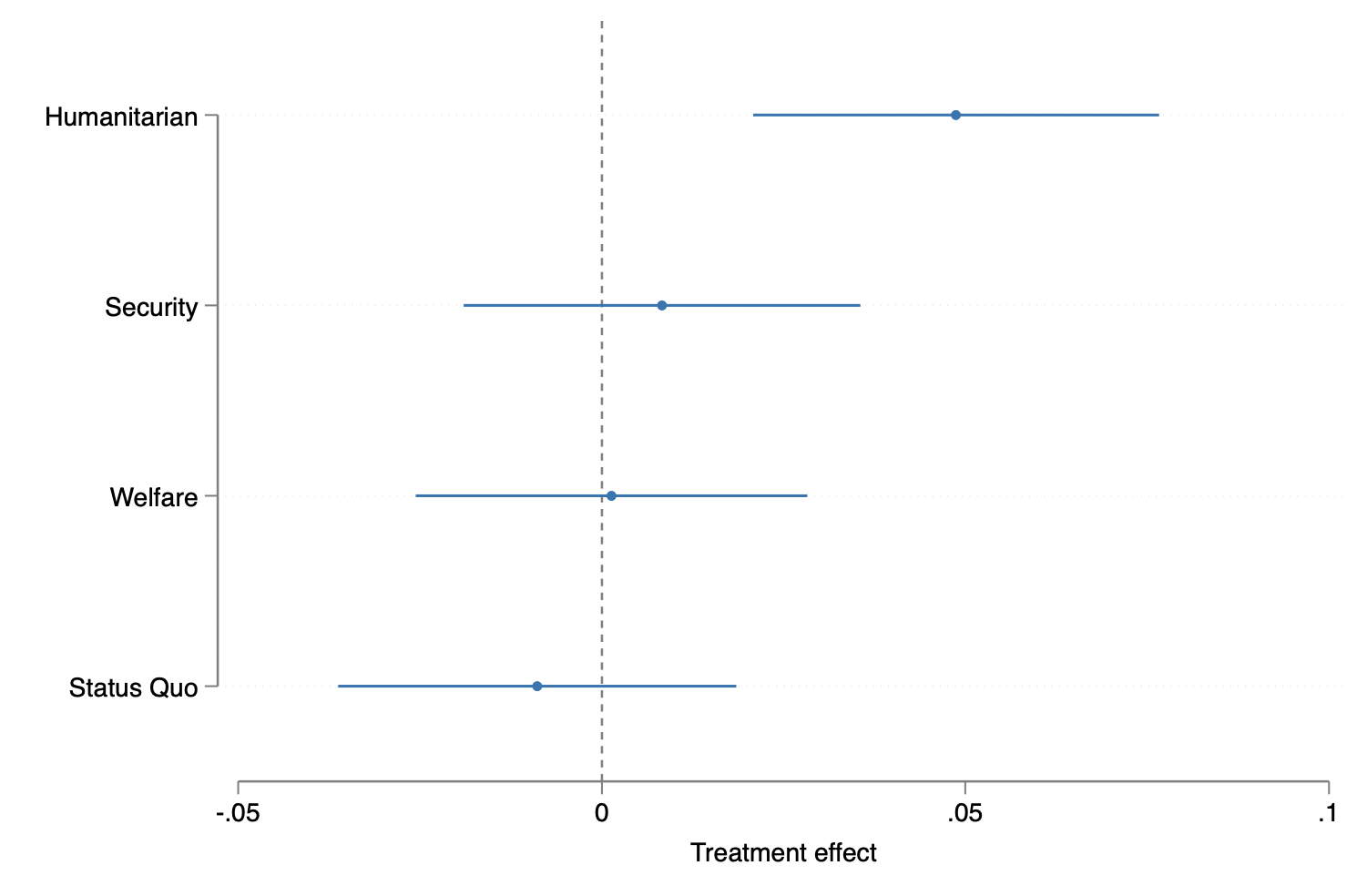
Real effort: heterogeneity
- Meaningful heterogeneity in the treatment effect
for different levels
of ethnocentrism - Treatment effect
does not set-in any more for higher levels
of ethnocentrism - Ethnocentrism
based on a set of survey questions
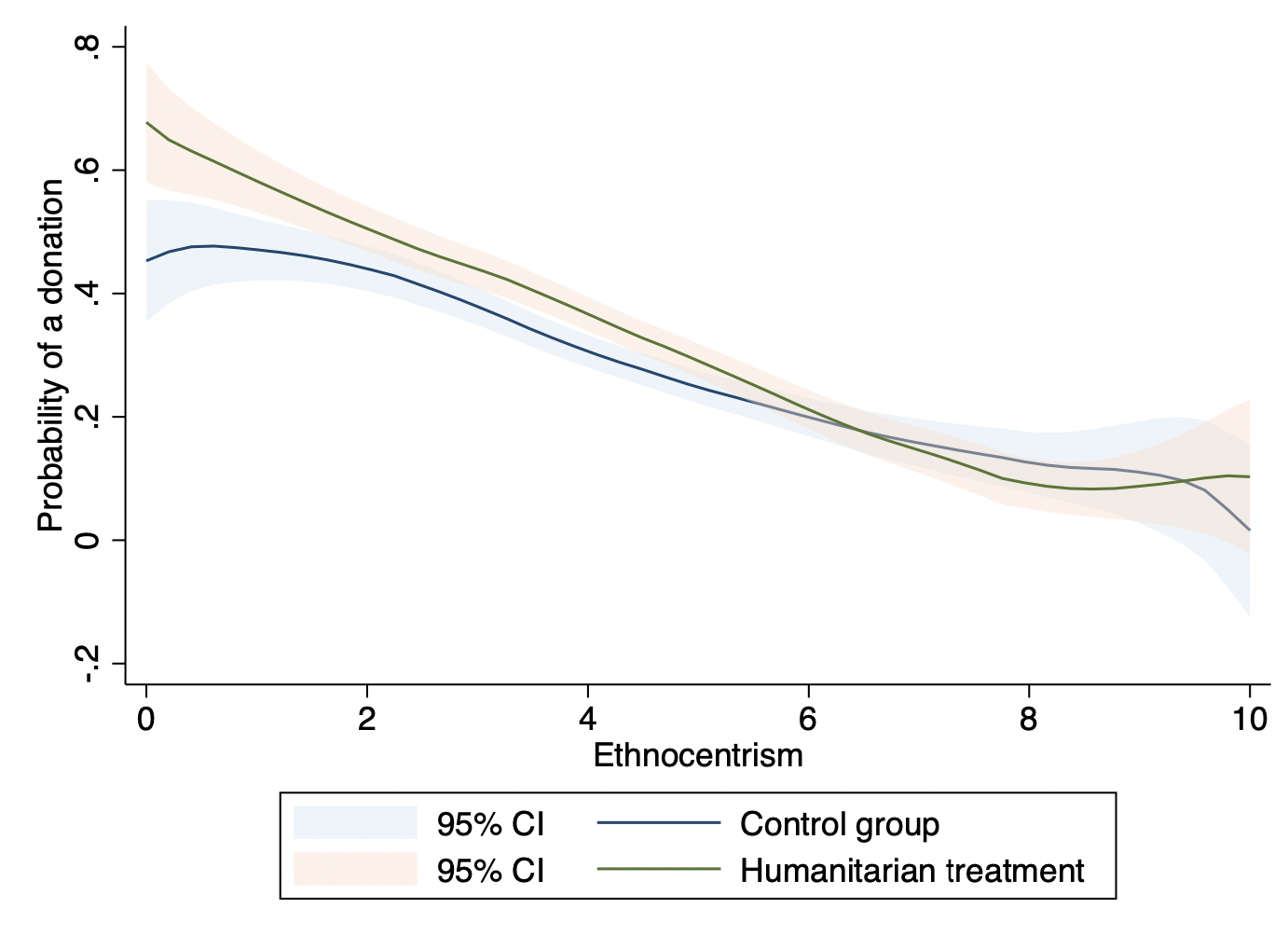
Real effort: attitudes
and behaviour
- We see a correspondence between attitudes
and behaviours - Average rating assigned to profiles
with a relocation
attribute level
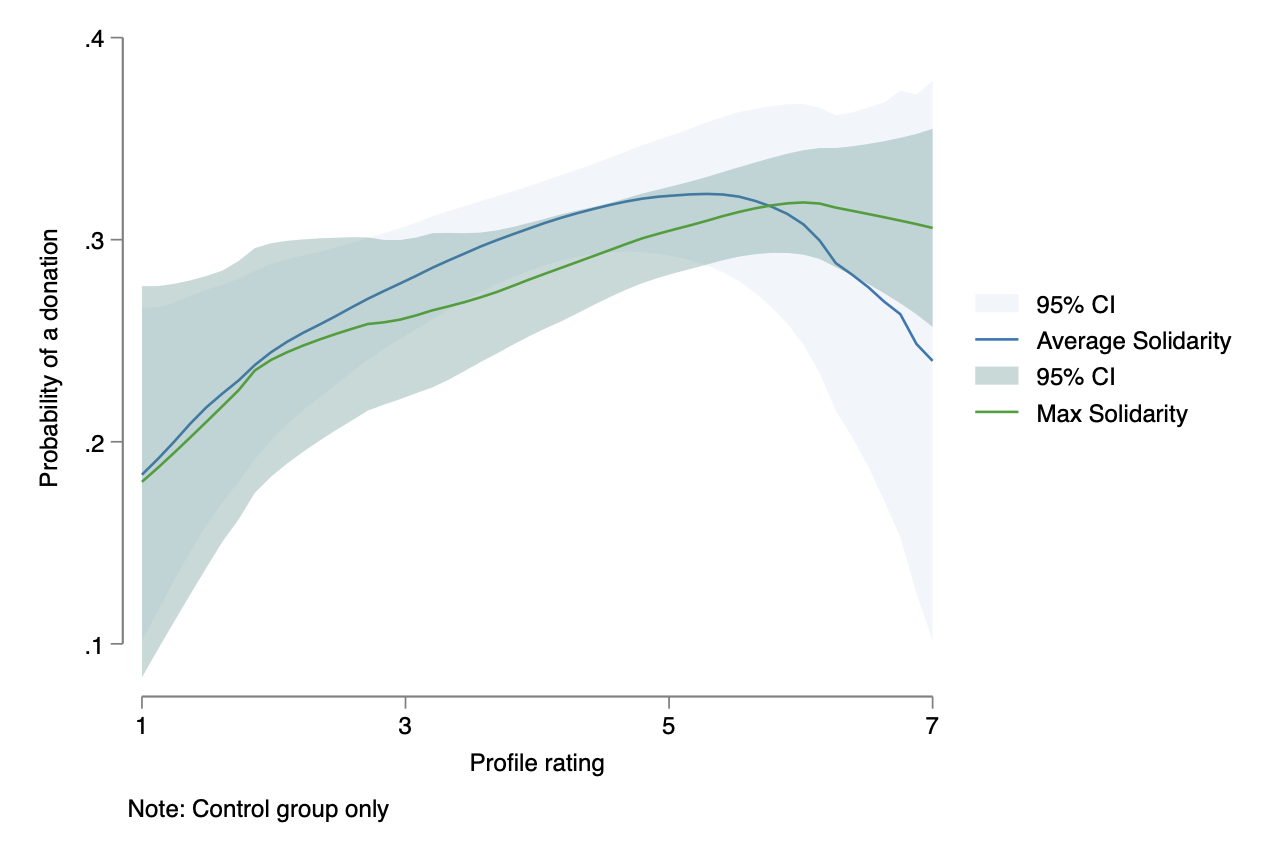
Panel
- Three countries in April & May
- Germany, Poland and Hungary
- Two samples
- recontact with January & February round (problematic)
- fresh sample
- Motivated by the onset of the war in Ukraine
Panel: policy preferences
- Consistent preferences
& ratings of profiles - Stronger sentiments about refugees joining the labour market
- Change in attitudes towards freedom
of movement
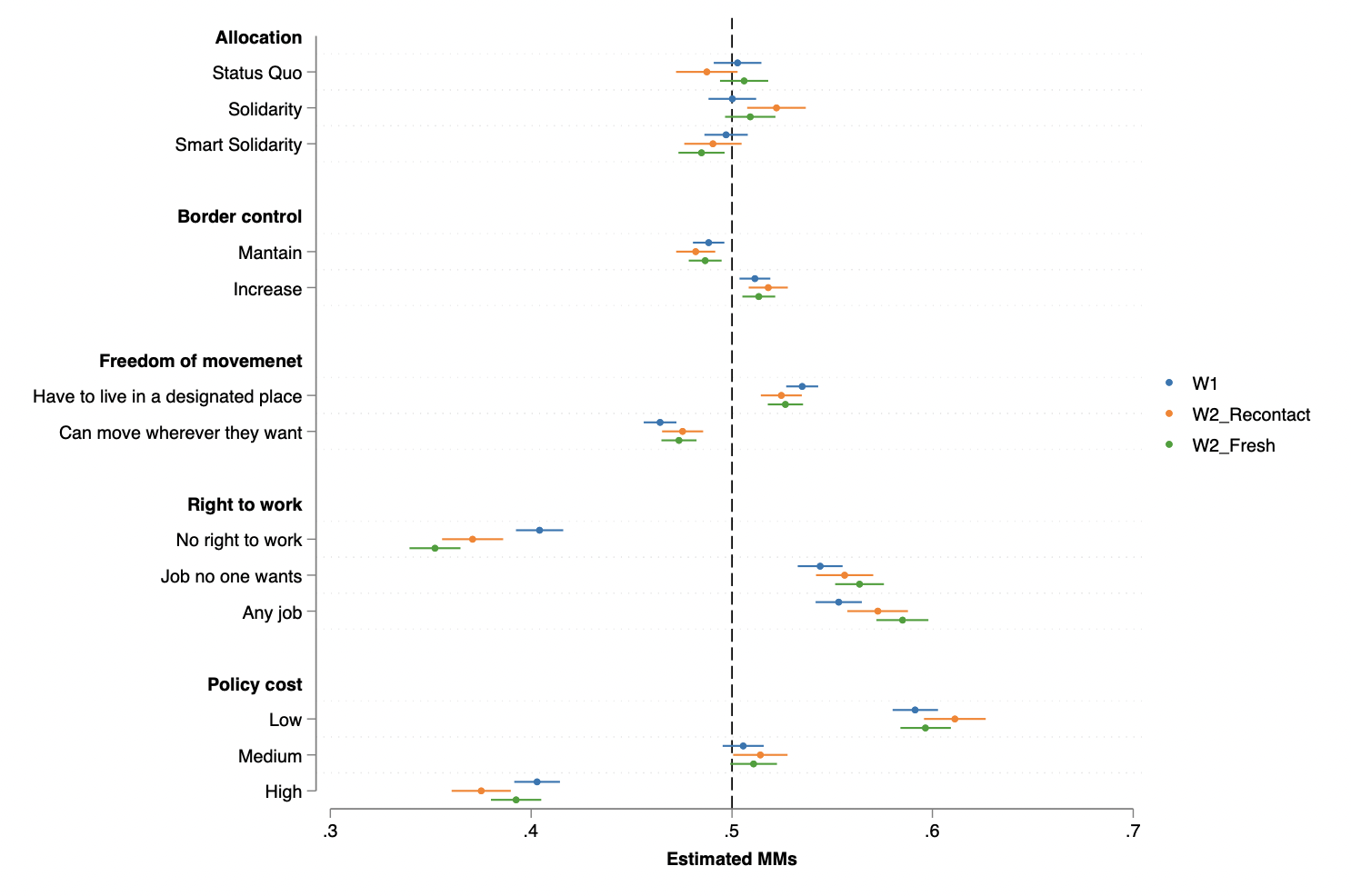
Panel: Real Effort Task
- Lower level
of donation - Greater effect size
in the recontact group
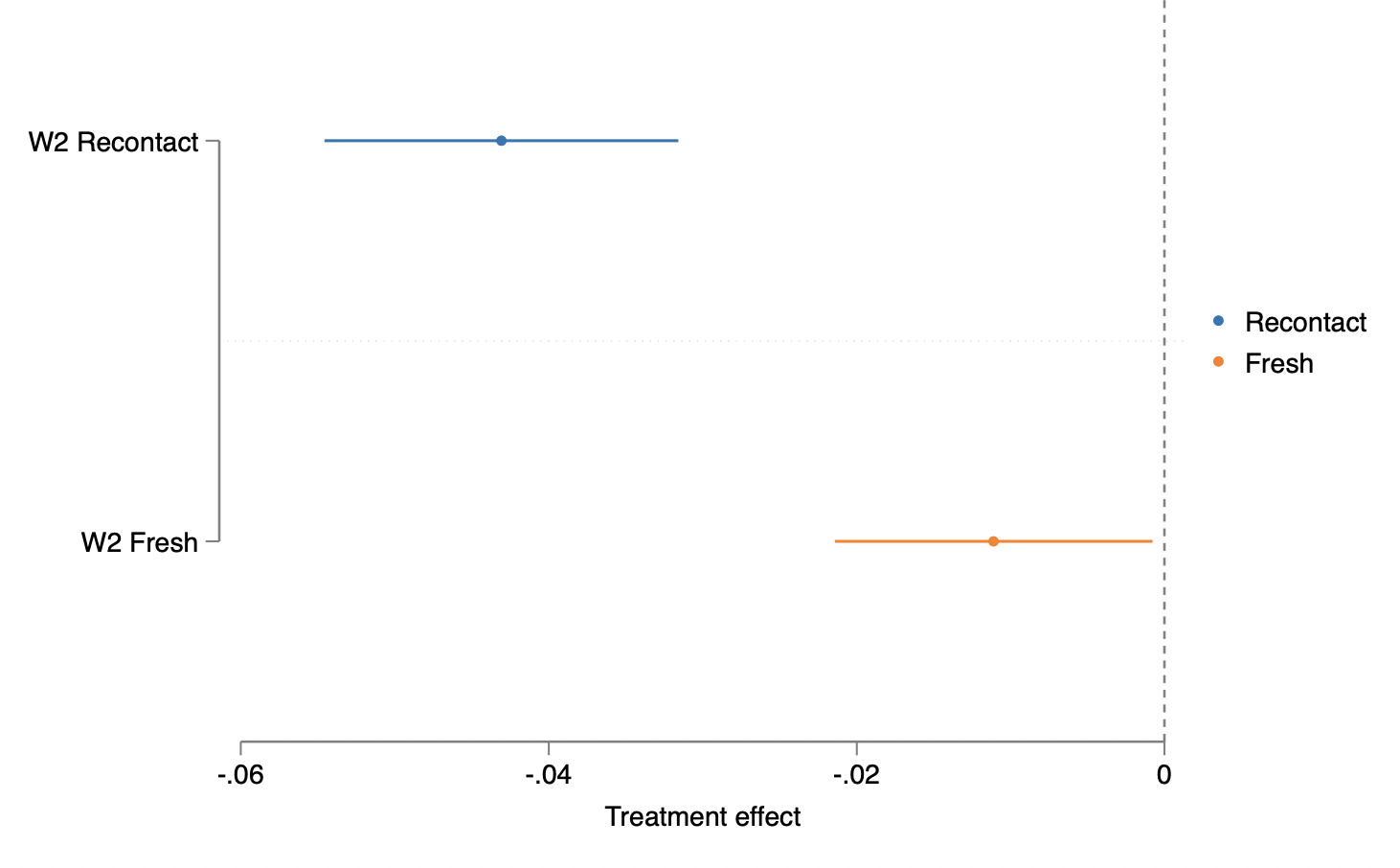
Discussion
What do we learn?
- Disagreement on allocation: Smart Solidarity likely to turn out
to be a disappointment, while dissatisfaction in DE, ES & AU may grow -
Agreement on right to work, freedom of movement, border control and policy cost:
- Welcoming on the labour market, but not on the streets
-
Concerned about costs and borders
- Responsive to humanitarian media frame, but not across the (ethnocentric) board
-
Attitudes and behaviours do seem to overlap
- Preferences stable, despite the war in Ukraine
- Status Quo bias on movement & right to work
- Crowding out effect on donations
